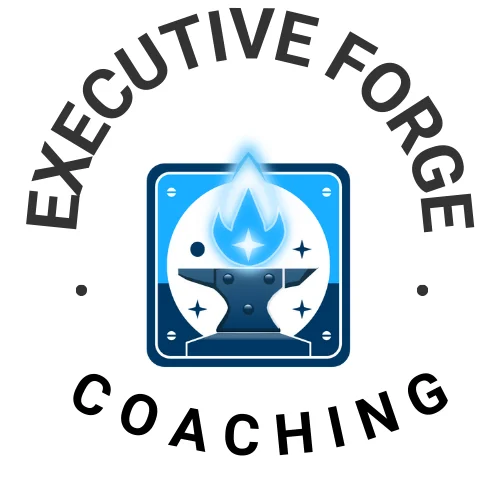As a coach, I frequently meet ambitious leaders looking to understand how coaching can enhance their effectiveness and help them achieve their goals. In this post, I will clarify what coaching is, share my personal journey with a coach, and discuss the nuances of finding the right coach for your needs.
What is Coaching?
Coaching is a developmental process that partners individuals with a coach to enhance their skills, self-awareness, and overall performance, ultimately helping clients achieve their goals. Unlike consulting or mentoring, where advice is often given, coaching focuses on facilitating personal growth through insightful questioning and active listening. This process empowers clients to unlock their potential and maximize both personal and organizational success.
Coaching can address a variety of typical needs, including but not limited to:
- Career Progression: Helping clients navigate their career journeys by aligning their passions, skills, and market demands.
- Leadership Development: Enhancing leadership skills and effectiveness.
- Work-Life Balance: Finding strategies to manage personal and professional responsibilities more effectively.
- Conflict Resolution: Providing tools to handle interpersonal conflicts in the workplace.
- Prioritization: Helping clients identify what matters most and focus on high-impact activities.
- Time Management: Developing effective strategies to manage time efficiently and increase productivity.
My Journey with Coaching
Initially, I never thought I needed a coach. I believed that I could solve any problems and achieve any goals I set for myself without external help. However, this perspective changed when I was presented with an opportunity to take on a much bigger role with greater scope and responsibility. Faced with this challenge, I realized that I needed support to succeed. My coach provided the guidance and encouragement I required during this pivotal time. The experience was truly transformational, helping me navigate complexities and develop new strategies that ultimately enhanced my effectiveness as a leader.
The Comfort of Shared Experience
When seeking a coach, many leaders naturally gravitate towards someone with a similar background or industry experience. This inclination stems from a desire for comfort and understanding; we want coaches who “get” our unique challenges. For example, for tech leaders, this might mean finding a coach who has been successful in roles such as CTO, CIO, VP of Software Engineering, and navigated similar corporate landscapes or faced comparable obstacles.
Having that shared experience can foster trust and rapport, which are essential for an effective coaching relationship. A coach who understands the intricacies of the tech industry can provide relevant insights that resonate deeply with clients.
The Double-Edged Sword of Similarity
However, it’s crucial to recognize that shared experiences can also lead to biases. As a coach, I’ve found that having similar backgrounds may tempt me to slip into advice-giving rather than facilitating the client’s own exploration of solutions.
I often hear from my clients that they do find value in my personal perspective. When I share my experiences, I am always careful to frame them explicitly as my personal journey, emphasizing that these insights may or may not apply directly to their unique situation. I’m transparent that these are simply additional data points for consideration, not prescriptive solutions. Ultimately, the power remains with the client to discern and decide whether any part of my experience resonates with their context and is worth applying to their own professional challenges.
The most effective coaches remain vigilant about their biases and strive to maintain an objective stance that encourages clients to arrive at their own conclusions. My role is to provide a supportive, reflective space where clients can explore their thoughts, challenge their assumptions, and make informed decisions that align with their goals and values.
Proven Results: The Ultimate Credential
While shared experience is beneficial, the most important factor in choosing a coach is their ability to deliver results. Prospective clients should seek evidence of how a coach has helped others in similar situations achieve significant outcomes. Testimonials and case studies can provide insights into a coach’s effectiveness and their ability to drive transformational change.
Conclusion
Coaching is an invaluable tool for personal and professional growth. While shared experiences can enhance the coaching relationship, it’s essential for coaches to maintain objectivity and focus on empowering clients to find their own solutions.
If you are an ambitious tech leader looking to elevate your capabilities and navigate your career journey effectively, consider exploring the benefits of coaching. The right coach can help you unlock your potential and achieve remarkable results in your career and organization.


